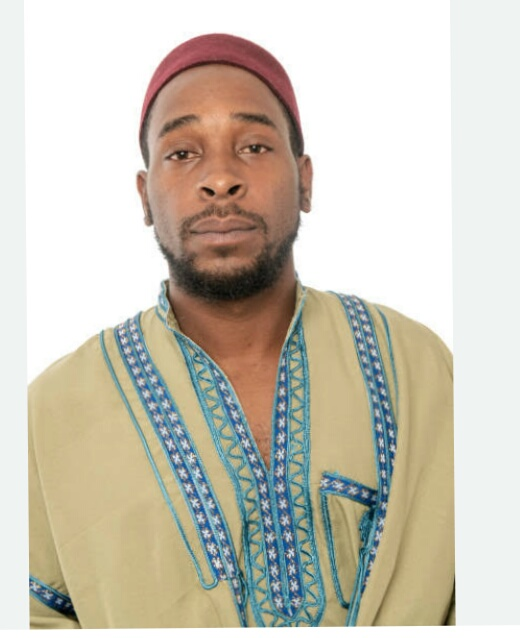
Emmanuel Chukwu’s Story Exposes the Pervasive Issue of Ethnic Bias in the Job Market
“I applied to over 20 companies, and every time I got to the interview stage, it seemed like my qualifications didn’t matter,” Emmanuel recounted, his voice laced with frustration. “As soon as they found out I’m from Imo State, the atmosphere changed. It was like I was no longer the right fit.”

Lagos, Nigeria – Emmanuel Chukwu, a bright and ambitious mechanical engineering graduate, thought he had it all – a top-notch degree, impressive skills, and a burning desire to contribute to Nigeria’s growth. But what he didn’t anticipate was the harsh reality of tribalism in the job market.
Emmanuel’s experience is not an isolated incident. Tribalism has become a persistent obstacle for many Nigerian graduates seeking employment. The systemic problem perpetuates inequality, hinders national unity, and stalls economic growth.
A Pattern of Rejection
Emmanuel graduated from the University of Lagos in 2018 and completed his National Youth Service Corps (NYSC) program. With high hopes, he began his job search, tailoring his resume and cover letter to each application. But despite his efforts, rejection letters piled up.
“It was disheartening,” Emmanuel said. “I started questioning my identity, wondering if I truly belonged in this country. Friends advised me to ‘change’ my name to sound more acceptable to other ethnic groups. It broke my heart.”
The Turning Point
A year into his job search, Emmanuel secured a position at a smaller company owned by an Igbo businessman who valued merit over tribal affiliation. Though the pay was lower, Emmanuel finally found a sense of belonging.
“That’s when I realized that my degree and skills were valuable, regardless of my ethnicity,” Emmanuel said, smiling. “It restored my confidence and hope for a better future.”
A National Problem
Emmanuel’s story is a microcosm of Nigeria’s larger issue. Tribalism has become entrenched in various sectors, including education, politics, and employment.
“Meritocracy is often sacrificed at the altar of ethnic considerations,” said Dr. Ngozi Osarenren, a sociologist at the University of Lagos. “This perpetuates inequality and hinders national progress.”
The Way Forward
Experts advocate for:
1. Merit-based hiring practices
2. Anti-discrimination policies
3. Diversity and inclusion initiatives
4. Education and awareness campaigns
“Nigeria needs to recognize and address this problem,” Emmanuel emphasized. “We must create a society where everyone has equal opportunities, regardless of tribe or ethnicity.”
As Emmanuel settles into his new role, he remains optimistic about Nigeria’s future.
“I want my story to inspire change,” he said. “We can build a nation where talent and hard work trump tribal affiliations.”
